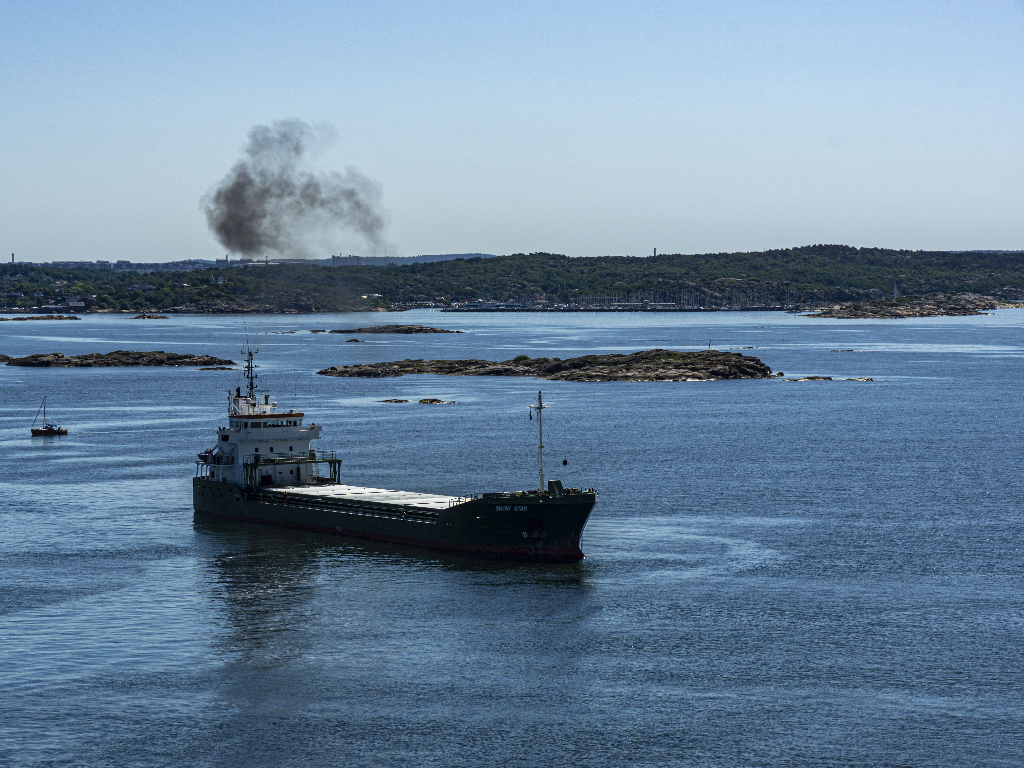The EU should promote the use of green hydrogen and ammonia by ships as part of its upcoming maritime fuel law, major shipping industry players and environmentalists have told the European Commission. They also say biofuels do not offer a sustainable alternative for shipping.
The FuelEU Maritime initiative will require ships carrying EU trade to progressively switch to sustainable alternative fuels. In an open letter directed to Frans Timmermans, Vice-President of the European Commission, and three European Commissioners, including Adina Vălean of Transport, shipping companies DFDS, CMB, Torvald Klaveness and Viking Cruises, commodities trader Trafigura, classification society Lloyd’s Register and green group Transport & Environment (T&E) say green hydrogen and ammonia are sustainable and can be produced in sufficient quantities to decarbonise the industry.
Biofuels, on the other hand, do not offer a sustainable alternative for shipping, the groups say, as crop-based biofuels emit more than the fossil fuels they replace and there will not be enough advanced biofuels. Instead, lawmakers must send a clear signal to potential investors to focus on renewable electricity-based hydrogen and ammonia when the EU proposes its maritime fuel policy next month, the letter states.
Clear demand signal to justify investments
The letter states that ‘these fuels are currently very expensive compared to fossil fuels, but production costs can be reduced with economies of scale. To justify large investments in electrolysers and ammonia plants, European maritime fuel policy needs to send a clear demand signal for the potential investors by focusing on these green fuels and their relevant propulsion technologies.’
Also read: ‘The research is there, but who will invest in zero-emissions ships?’
Globally, 1.4 trillion euros in capital investments will be required to produce green hydrogen and ammonia for the shipping industry. The European Commission should seize this opportunity to create new jobs and support sustainable economic growth – in line with the EU Green Deal, the groups say.
‘Unlike advanced biofuels, green hydrogen and ammonia can be scaled to meet the energy demand of the global industry,’ says Faïg Abbasov, shipping programme director at T&E. ‘And even the largest ships can be powered by these fuels. It is high time that the European Commission changes the focus from “quick and dirty” biofuels to truly sustainable alternatives.’
Also read: ‘EU should set targets for fuel suppliers to decarbonise shipping’
FuelEU Maritime Initiative
The European Commission will propose its FuelEU Maritime Initiative in April. Shipping accounts for about thirteen per cent of greenhouse gas emissions from European transport. The Initiative aims to increase the use of sustainable alternative fuels in European shipping and ports by addressing market barriers that hamper their use and uncertainty about which technical options are market-ready. It is part of a package to bring the sector in line with the EU’s ambition of climate-neutrality by 2050.
Also read: Demand for new ships collapses due to fuel uncertainty








